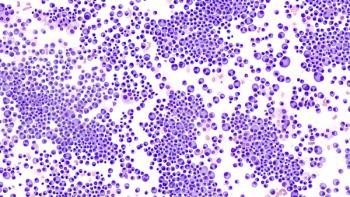
The company believes that limitations on bridging therapies were a contributing factor to the death.

The company believes that limitations on bridging therapies were a contributing factor to the death.
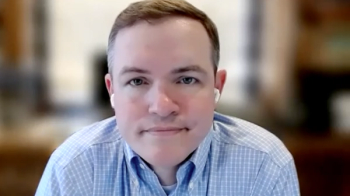
The director of the Lymphoma Clinical Research Program at University of Texas MD Anderson Cancer Center discussed recent and ongoing studies that are upending the paradigm in LBCL care.
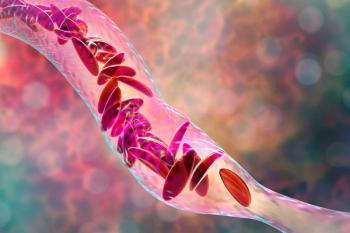
More work remains to be done to improve accessibility to populations and countries that have the highest unmet need with SCD treatment.

The company will instead prioritize further development of its oral arsenic trioxide platform for cGvHD.
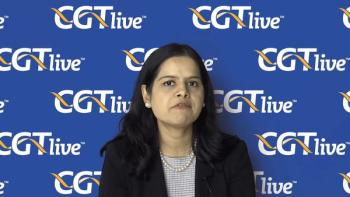
The assistant professor of medicine at University of Alabama – Birmingham discussed efficacy findings on BMS-986983 and more research to be done.

The advocacy groups are funding a 1-year study to be led by Barry Byrne, MD, PhD, at University of Florida.
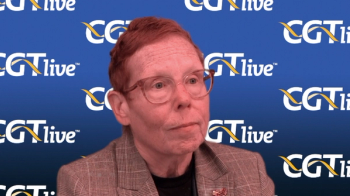
The director of University of Washington Medicine’s Cancer Vaccine institute discussed the importance of continuing to develop new CAR-T approaches in the ovarian cancer field despite initial setbacks.
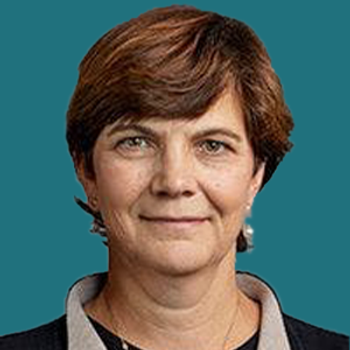
The BASECAMP-1 clinical trial will aim to find patients with advanced solid tumors who are good candidates for the subsequent EVEREST trial.
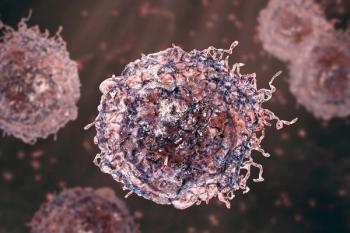
Two of 6 patients in the WM cohort achieved a complete response and 16 of 20 patients in the FL cohort achieved a complete response.

Review top news and interview highlights from the week ending June 16, 2023.
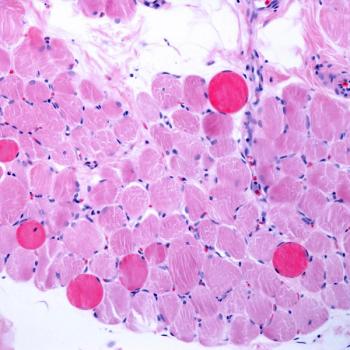
CGTLive takes a look at challenges that have beset the first gene therapy coming close to market for treating Duchenne muscular dystrophy in 2023.
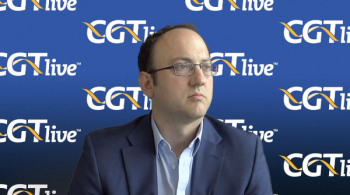
The assistant professor of medicine in the Division of Blood and Marrow Transplantation and Cellular Therapy at Stanford University discussed potential methods for optimizing CAR-T efficacy that could be explored in the future.
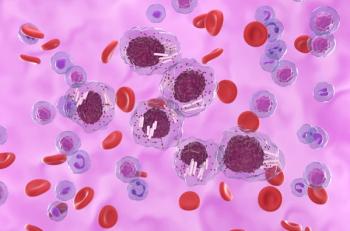
The phase 1/2 Euplagia-1 trial is currently ongoing in Europe.

Betty Woo, the vice president and general manager of cell, gene, & advanced therapies at Thermo Fisher Scientific, discussed the challenges that exist in gene therapy and cell therapy manufacturing and potential solutions.
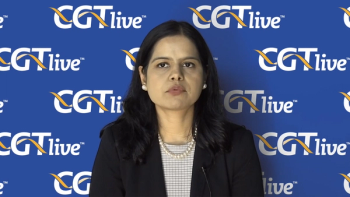
The assistant professor of medicine at University of Alabama – Birmingham discussed new data from the first-in-human trial of the CAR T-cell therapy.
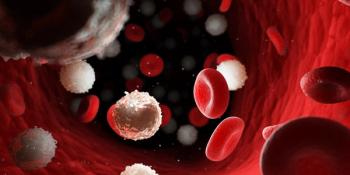
New data from 3 patients were published in the New England Journal of Medicine.

Catch up on the latest news, breakthroughs, and announcements from biotechnology companies making advancements in cell and gene therapies.
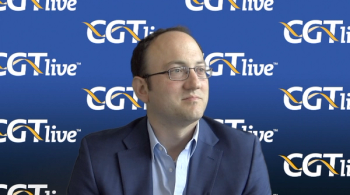
The assistant professor of medicine in the Division of Blood and Marrow Transplantation and Cellular Therapy at Stanford University discussed the safety and efficacy results he presented at EHA’s 2023 congress.
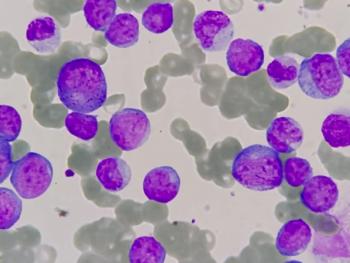
Seattle Children’s and 2seventy bio, which are collaborating on the development of SC-DARIC33, are currently investigating the cause of the grade 5 serious adverse event.
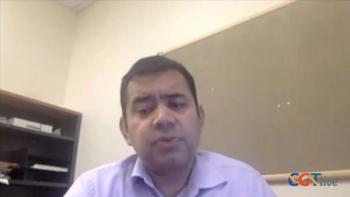
The associate professor at Medical College of Wisconsin discussed new findings from the CARTITUDE-4 study.
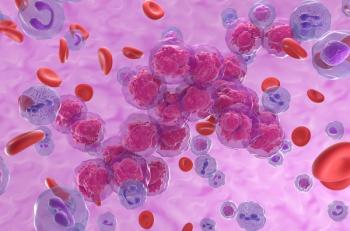
The objective response rate among patients treated at DL2 and DL3 who were evaluable for efficacy was 57%.
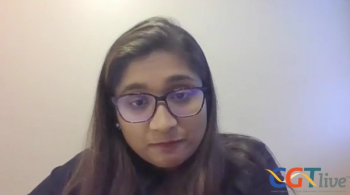
The assistant professor in the Division of Hematologic Malignancies and Cellular Therapeutics at the University of Kansas Medical Center discussed real-world safety outcomes for brexu-cel in patients with r/r MCL.
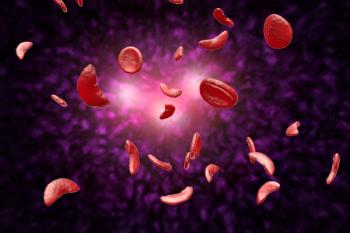
The therapy seems to have a similar benefit in the first patient with TDT in the EdiTHAL trial.
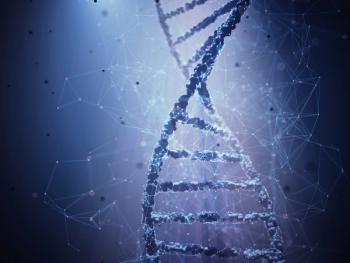
Intellia noted that the first 3 patients who received treatment reached at least 1 year of follow-up without experiencing HAE attacks.

Sang Yoon Moon, PhD, postdoctoral Research Associate, Lions Eye Institute, discussed research with CRISPRa in human fibroblast cultures.
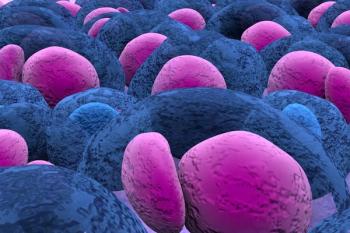
Among 101 patients included in the efficacy analysis, the ORR was 96% and the CR rate was 74.3%.
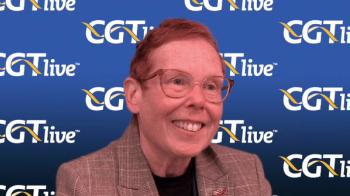
The director of University of Washington Medicine’s Cancer Vaccine institute discussed results from a phase 1 study presented at ASCO’s 2023 conference.
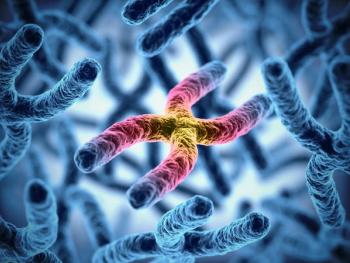
Follow-up data up to 3 years showed supraphysiologic levels of blood IDUA and decrease of GAGs.
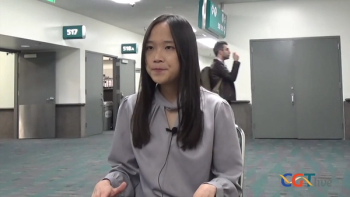
The PhD candidate from University of North Carolina – Chapel Hill discussed preclinical research presented at ASGCT 2023.

CRISPR Therapeutics and Vertex Pharmaceuticals completed their rolling submissions in April 2023.